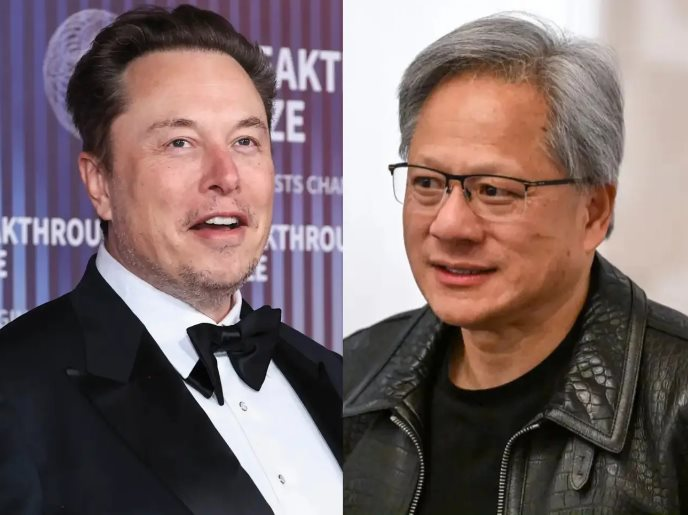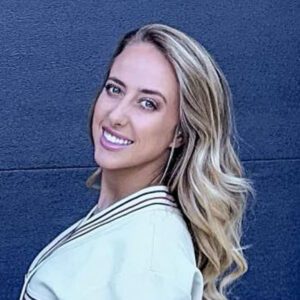Elon Musk has spent the past year building his artificial intelligence startup xAI at breakneck speed. Now the billionaire must turn it into a truly successful business.
![]()
Musk founded xAI last summer in an effort to catch up with OpenAI, the ChatGPT developer he co-founded and left in 2018 after a power struggle. Talent from across the industry was sought, while contractors were pushed to build a massive new data center in just a few short months—unheard of for a project of its scale.
Now, Musk promises that the Memphis, Tenn., facility will help xAI deliver the world’s most powerful AI service “by every metric” by December. Investors have bought into Musk’s vision, or at least his past successes. The startup has raised at least $11 billion and is now valued at $50 billion in a new funding round this month.
As a money-making venture, however, xAI has barely registered. The startup says it is on track to surpass $100 million in annual revenue, while rival OpenAI is aiming for nearly $4 billion in revenue by 2024.
Most of xAI’s revenue comes from Musk’s own corporate network. xAI’s main product—the chatbot Grok—is available only to subscribers of his social network X. Others say the startup is providing features that help customers use SpaceX’s Starlink internet service, while giving Tesla the right to
access to its technology and resources.
For now, xAI is trying to stand on its own. Earlier this month, the company released a paid tool that developers can use to build products using Grok. The company also plans to launch a standalone consumer app as soon as next month.
xAI is getting a late start in a highly competitive market. OpenAI, Alphabet’s Google, Meta Platforms, and Anthropic all have popular chatbots with consumer and enterprise networks in place since at least last year.
“xAI has done a great job of rapidly building out their own infrastructure and internal team,” said Jesse Michael Han, founder of Morph Labs, an AI cloud infrastructure company. “But they’re clearly just getting into the market.”
In presentations to employees and potential investors, Musk’s team has touted two distinct advantages in the race to build the most powerful AI. One is the proprietary data from X and Tesla that is used to train xAI’s models. The other is a focus on building larger data centers faster than competitors.
The Memphis, Tenn., center, called Colossus, was built in 122 days and uses 100,000 graphics processing units, or GPUs, from Nvidia. It is one of the largest clusters of chips that develop and run AI technology in the world.
xAI told investors it will use some of the $5 billion it raised in this month’s funding round to double the number of chips in Colossus. The company also plans to raise more money next year.

After ChatGPT launched in late 2022 and became a sensation, Musk immediately cut off OpenAI’s access to X’s data. In the following weeks, Musk said he would create a less political AI called “TruthGPT.” In July 2023, xAI was launched under the leadership of Igor Babuschkin, a former employee of Google’s DeepMind research lab and OpenAI.
xAI initially reserved a large amount of Oracle GPUs in the spring of 2023 and launched Grok in November of that year. However, the chatbot was not as good as ChatGPT and other competitors.
Musk has tried to address the problem with more AI chips. He asked Nvidia to redirect 12,000 GPUs reserved for Tesla to X and xAI. Oracle has also been pressured to sell more chips.
Musk’s demand for chips is straining the company’s supply chain. This spring, seeing that Oracle wasn’t moving fast enough to meet his ambitions for a massive AI data center, Musk began building his own.
Alex Bouzari, CEO of DataDirect Networks, which helped build Colossus, said the crews worked nonstop in three eight-hour shifts. While awaiting approval from the Tennessee Valley Authority, xAI soon installed natural gas generators in the parking lot to power the facility.
Local residents are outraged over pollution concerns. An environmental group has sent a letter urging the local power company to stop supplying xAI with electricity.
“It will take some time, but they are moving quickly,” said Jimmy Chan, co-founder of Dropbase, a company that builds AI applications.
In October, Musk held a recruiting event at a building in San Francisco. In a small space lit with dim purple lights, dozens of mostly male AI researchers gathered to hear Musk introduce himself. Some had previously attended the OpenAI conference.
Musk has repeatedly criticized OpenAI and boasted about the speed with which xAI built Colossus. Speaking on a fundraising call to investors before the election, xAI has attracted a large amount of interest, including a Qatari sovereign wealth fund, to fund its expansion.





